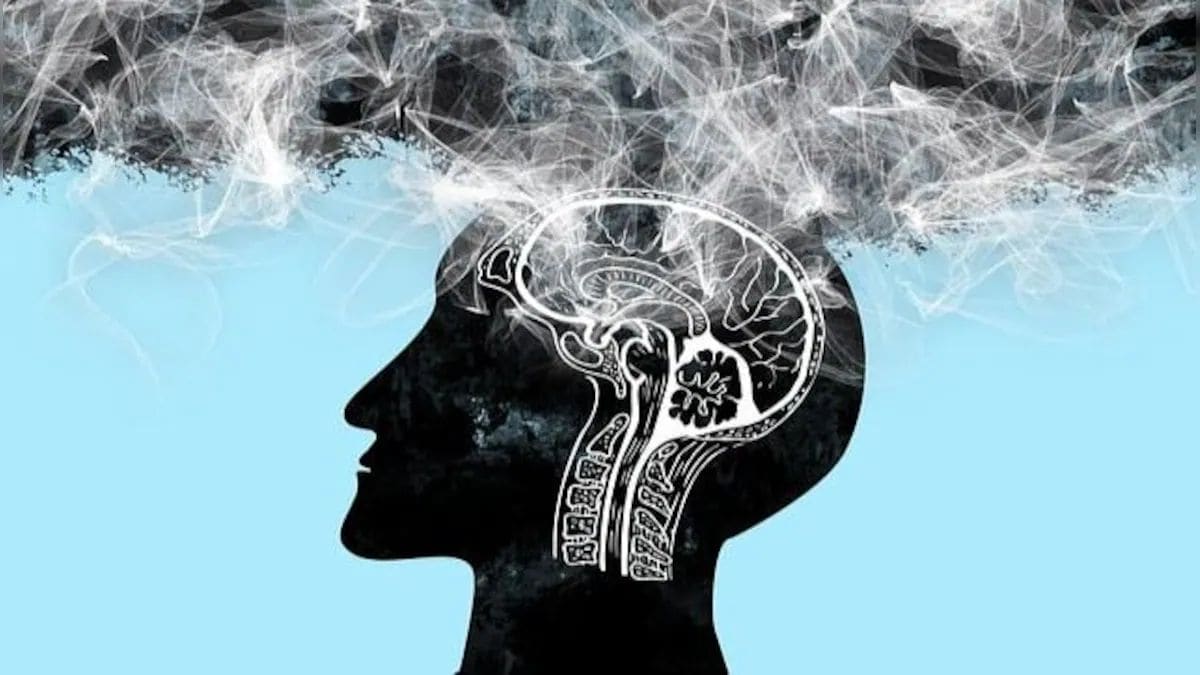Drinks cans, food containers, even a cyclist's shorts - these everyday items made from different plastics carry a 95 per cent chance of seriously harming human health, a world-first study has found. or signup to continue reading Believed to be the most comprehensive review of health risks posed by chemicals used in plastics, the study revealed evidence no product made from five classes of chemicals could be "considered safe". Co-author of the review Dr Sarah Dunlop, who is the director of Plastics and Human Health at the Minderoo Foundation, said constant exposure to common plastic items showed "health impacts across a lifespan" from the womb into adulthood.
"Our ability to reproduce - endometriosis, miscarriages and polycystic ovarian syndrome in women - as well as impacts on sperm concentration and DNA damage at birth," Dr Dunlop said. "In children, we see loss of IQ points as well as high blood pressure, obesity in childhood and bronchitis. "In adults, we again see very credible evidence for type 2 diabetes, obesity, heart attacks, strokes, as well as cancers .

.. and I don't think the public know about this.
" The review, published today in the online journal was undertaken by researchers from the Joanna Briggs Institute at the University of Adelaide in partnership with the Minderoo Foundation, an Australian non-profit organisation. The five plastic-associated chemicals researchers investigated were bisphenols (found in eyewear, bottles), phthalates (nail polish, shampoos), polybrominated diphenyl ethers or PBDEs (phones, carpet padding), polychlorinated biphenyls or PCBs (electrical equipment) and polyfluoroalkyl substances or PFAS (food packaging, firefighting equipment). Previous studies show these leaked out due to weak chemical bonds and .
"We find them when we measure urine and the like. And there's a truckload more that we don't know about," Dr Dunlop said. However, the review only examined five out of an estimated 16,000 chemicals used to make plastic.
"You can't do experiments on humans, but we are every single day," Dr Dunlop said She said their review produced a "balance sheet" which took into account all the research examining health risks from these five chemicals in the last 20 years. After compiling 52 systematic reviews involving more than 900 meta-analyses on 1.5 million individuals, including pregnant women, babies, children and adults, the result was overwhelmingly negative.
"The balance sheet is coming out as very credible evidence for harm to human health. This is statistically significant at the 95 per cent level," Dr Dunlop said. "That means only 5 per cent is due to chance for 'risks a link to human health'.
If I were a betting woman, I would take notice of the 95 per cent." Those who wanted to limit their regular intake of microplastics, Dr Dunlop advised staying away from certain products and packaging but noted this left very few options. "We need to look at the source of the problem and make materials which are safe.
At the moment, it's the wrong way around, the burden of proof is on us, " Dr Dunlop said. She and the co-authors believe their research removed any doubt about the risks involved in goods produced using plastic-associated chemicals. Additionally, they wanted to raise the alarm about goods flowing into the market and into households before they could be tested.
Dr Dunlop said the research was a "warning" to impose rules on plastic producers, similar to "well-regulated industries" such as pharmaceutical and food industries. "This is a population based study and it's a red flag, it's the canary in the cage," she said. "It's not the public's fault.
We can't recycle our way out of this." She added it was important to begin producing safer materials and have a framework mandating manufacturers to provide clarity about the safety of their products. I am a general reporter with an interest in health, crime, transparency and issues affecting Canberra's diverse communities.
Contact me at [email protected].
au or send confidential tips to [email protected] I am a general reporter with an interest in health, crime, transparency and issues affecting Canberra's diverse communities.
Contact me at [email protected].
au or send confidential tips to [email protected] DAILY Today's top stories curated by our news team.
WEEKLY The latest news, results & expert analysis. WEEKLY Get the editor's insights: what's happening & why it matters. WEEKLY Love footy? We've got all the action covered.
WEEKLY Every Sunday explore destinations, deals, tips & travel writing to transport you around Australia and the globe. WEEKLY Going out or staying in? Find out what's on. WEEKDAYS Sharp.
Close to the ground. Digging deep. Your weekday morning newsletter on national affairs, politics and more.
TWICE WEEKLY Your essential national news digest: all the big issues on Wednesday and great reading every Saturday. WEEKLY Get news, reviews and expert insights every Thursday from CarExpert, ACM's exclusive motoring partner. TWICE WEEKLY Get real, Australia! Let the ACM network's editors and journalists bring you news and views from all over.
AS IT HAPPENS Be the first to know when news breaks. DAILY Your digital replica of Today's Paper. Ready to read from 5am! DAILY Test your skills with interactive crosswords, sudoku & trivia.
Fresh daily! Advertisement Advertisement.

















